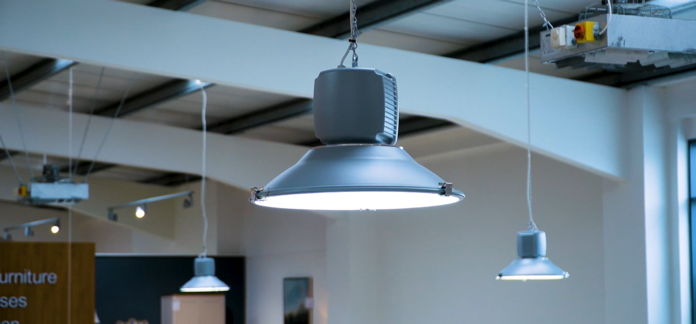How to Reduce OPEX in Your Business
These are some ideas that can help you reduce the day-to-day costs of your business and in doing so, generate more revenue. This blog gives you a top-line guide of how to do just that.
Get the most from your technology:
You have invested in technology so make sure you get the most from it. A good way to do this is by consulting your IT people and identifying areas where you can improve efficiency. In accounting, invoicing, and payroll, find out if you have the most efficient software. If 5G is available, see if it can improve the running of your premises, like reducing heat and light bills or speeding up your mechanised processes. At Energia, we’re happy to advise on how you can do this.
Outsourcing:
With more and more professional services available from freelance resources, examine whether you can outsource aspects of your business, like marketing, advertising, HR, legal or tax matters. See whether you can negotiate better rates for services you already send out-of-house. When contracts run from year to year, it’s easy to get complacent on costs and you may not be getting the best value.
Tender for the Best Deals:
If you work with suppliers regularly, consider setting up a new bidding system for tenders. By asking three different vendors to provide estimates, you can lower your cost base. With any procurement bids, it’s important to compile an accurate ‘scope of work’ or request for proposal (RFP) for vendors to bid on.
Remote Working:
Since the recent lockdowns, staff are used to working from home and will often prefer to do so if you offer them that facility. Once their tasks are clearly set out, this can be more efficient as they have fewer distractions and aren’t spending ‘down time’ commuting. Decide what is best for you and for them – for example is being in work on certain days for face-to-face meetings and updates and then working remotely at other times.
Save by Paying Invoices Early:
Many businesses will offer discounts if you pay an invoice early. While the percentages can be small, they all add up over a trading year. Make sure to pay your invoices on time to avoid any late fees or other penalties - the same goes for loans or any debts that you have outstanding
Re-consider Variable Costs:
Examine your variable costs to identify any services you’re no longer using. A quick check of your accounts will reveal any ongoing costs or retainers. If you haven’t used them for a few months, look for cheaper alternatives or cancel them altogether.
Look for Grants for Business:
Your business may be entitled to subsidies on employing staff, or to get support from bodies like Enterprise Ireland – they introduce companies overseas to Irish businesses and represent companies of all sizes, and in every area. Check what’s available and apply for it.
Energy Efficiency is Important:
It is easy to save money on energy by checking your tariffs with Energia and seeing if there are more cost-effective ways to use energy in your business. Green initiatives like changing the types of light bulbs you use and reducing heat loss through insulation are positive investments and proven ways to save. As always, at Energia we’d be delighted to advise you about any aspects of energy efficiency.
Consider Staff Training:
Your employees are the most valuable asset you have and investing in training or specialised skills, gives them a chance to do more rewarding work and increase their efficiency. Talk to them and see what areas they see that could be improved – as they already know the business, they are all well-equipped to see opportunities in your business and will usually be happy to take on new or more varied responsibilities.
Generally, reducing OPEX costs involves reducing small amounts of loss or inefficiencies across a wide range of areas that collectively, all add up, and over a year, can make a significant saving for your business.
